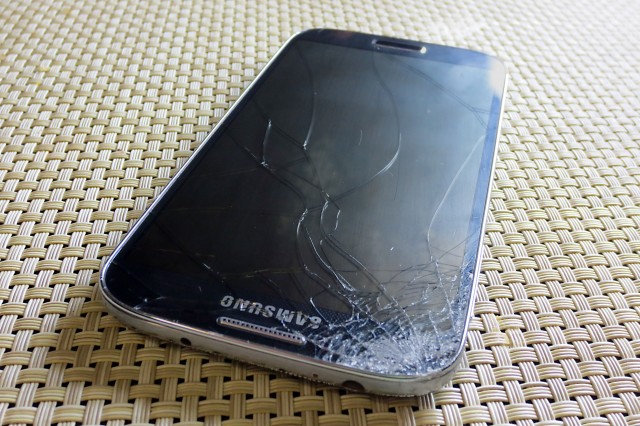
Update: About 12 hours after this post went live, one of the two mentioned Android apps, Prized, was no longer available in Google Play. The other app, Songs, remained. Google representatives sent Ars an e-mail saying they won't be commenting on this report. The Google Play developer policy is here. Among other things, it requires that apps that engage in distributed computing behavior include up front disclosure that establishes user knowledge and obtains explicit consent.
Researchers said they have uncovered two apps that were downloaded from the official Google Play market more than one million times that use Android devices to mine the Litecoin and Dogecoin cryptocurrencies without explicitly informing end users.
According to a blog post published Tuesday by a researcher from antivirus provider Trend Micro, the apps are Songs, installed from one million to five million times, and Prized, which was installed from 10,000 to 50,000 times. Neither the app descriptions nor their terms of service make clear that the apps subject Android devices to the compute-intensive process of mining, Trend Micro Mobile Threats Analyst Veo Zhang wrote. As of Wednesday afternoon, the apps were still available.
Mining apps typically consume larger-than-average amounts of electricity and can generate extremely hot temperatures as CPUs, GPUs, or other types of processors strain to perform cryptographic hashing functions required for users to mint new digital coins. The strain can be especially onerous on smartphones, because they're equipped with hardware that's much less powerful than that found in traditional computers. The apps discovered by Trend Micro were programmed to mine coins only when devices were recharging. That setting would help prevent batteries from draining quickly, but it would do nothing to prevent devices from overheating or consuming large amounts of bandwidth.
Trend Micro's finding comes a month after researchers from G Data Software discovered malicious Android apps available outside of Google Play containing hidden code that made handsets part of an anonymous Dogecoin mining pool. The network belonging to the purveyor of the apps subsequently earned thousands of Dogecoins. The Trend Micro report also came as researchers from smartphone security provider Lookout also reported finding cryptocurrency mining apps targeting Android users in Spanish forums dedicated to the distribution of pirated software.
Given the extremely modest resources of the typical smartphone, it's not at all clear why anyone would take the time to create an Android app that overtly or covertly mines currencies. As Zhang explained:
Clever as the attack is, whoever carried it out may not have thought things through. Phones do not have sufficient performance to serve as effective miners. Users will also quickly notice the odd behavior of the miners – slow charging and excessively hot phones will all be seen, making the miner’s presence not particularly stealthy. Yes, they can gain money this way, but at a glacial pace.
Users with phones and tablets that are suddenly charging slowly, running hot, or quickly running out of batteries may want to consider if they have been exposed to this or similar threats. Also, just because an app has been downloaded from an app store – even Google Play – does not mean it is safe.
Google representatives didn't respond to an e-mail asking for comment on the Trend Micro report and for the company's position of Google Play apps that mine crypto currencies. This post will be updated if a response arrives later.
reader comments
73